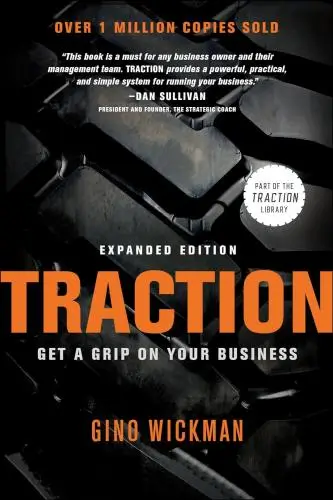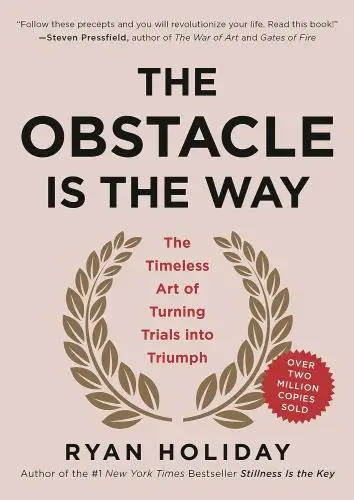
The Obstacle Is the Way
The Timeless Art of Turning Trials into Triumph
What is The Obstacle Is the Way about?
The Obstacle Is the Way by Ryan Holiday is a modern take on Stoicism, offering timeless wisdom and practical advice for overcoming challenges and turning obstacles into opportunities. Holiday draws on the teachings of ancient philosophers to provide a refreshing and empowering perspective on adversity, resilience, and personal growth. This insightful and engaging book is a must-read for anyone seeking to navigate life's obstacles with grace and determination.
About the Author
Ryan Holiday is a bestselling author known for his books "The Obstacle Is the Way" and "Ego Is the Enemy." His writing style is insightful and thought-provoking, often focusing on Stoicism and the power of overcoming obstacles. Holiday's unique perspective offers practical wisdom for navigating life's challenges and finding success. His work encourages readers to embrace resilience, humility, and self-awareness in their personal and professional lives.
7 Key Ideas of The Obstacle Is the Way
- Empower Yourself: Control Perception, Emotions, and Action
- Choose Your Reality: Objectivity, Perspective, Presence
- Think Different, Make It Happen
- Follow the Formula: Persistence, Process, Performance
- Outmaneuver and Conquer: Flank, Adapt, Dominate
- Unbreakable Mind: Build Your Citadel, Embrace Uncertainty
- Acquiescence, Perseverance, and Joy
The Discipline of Perception is a transformative approach to life's challenges, advocating for a shift in how we perceive and engage with obstacles. It's not just about what happens to us, but rather how we interpret and respond to these events that truly shapes our experience.
Recognize Your Power
Perception is the lens through which we view reality, and it holds immense power over our lives. Our perception influences how we interpret and respond to challenges. By choosing to see obstacles as opportunities for growth rather than insurmountable misfortunes, individuals can maintain composure and make rational decisions even in difficult circumstances. John D. Rockefeller serves as an exemplary figure who mastered his perceptions during financial panics; he saw chaos as an opportunity rather than a threat.
Steady Your Nerves
In times of crisis or uncertainty, maintaining composure is crucial. Steadying your nerves means embracing calmness amidst turmoil—like a captain navigating stormy seas with unwavering focus.
Control Your Emotions
Emotional reactions are natural but often irrational drivers behind our decisions in stressful moments. Learning to control your emotions ensures that logic prevails over fear or anger, leading to more effective problem-solving strategies.
Tactics
- Practice Rational Thinking: Actively challenge irrational thoughts during challenging situations by asking questions that promote logical reasoning over emotional reactions.
- Cultivate Emotional Regulation: Develop strategies such as deep breathing exercises or mindfulness practices that help regulate emotions during stressful moments.
- Seek Opportunity Amidst Adversity: Train yourself to identify potential benefits or lessons within setbacks instead of succumbing to despair or frustration.
- Maintain Composure Under Pressure: Practice remaining calm under stress by visualizing successful outcomes despite external pressures.
- Question Perceptions: Continuously question your initial perceptions about an obstacle before reacting emotionally; this will allow you time for more thoughtful consideration before responding impulsively
- Reframe Challenges as Opportunities: Reframe adversities as chances for personal development; view each setback not just as a problem but also an opportunity for growth.
Key Examples/Data
- John D. Rockefeller's Discipline During Financial Crisis: During the Panic of 1857, a massive national financial crisis, John D. Rockefeller, instead of succumbing to fear, observed the events as an opportunity to learn. He saved money, observed others' mistakes, and internalized the lesson that only a rational and disciplined mind could profit from the unpredictable and vicious market. This discipline allowed him to seize advantage from obstacles and eventually control 90% of the oil market.
- Rubin "Hurricane" Carter's Resilience in Prison: Wrongly accused of a triple homicide, Rubin "Hurricane" Carter refused to surrender the last thing he controlled—himself. He declined to be treated like a prisoner, maintained his choices, and spent every second on his legal case and self-improvement. Despite spending nineteen years in prison, he emerged as a free and improved man, refusing to be shaken by the injustice.
- NASA's Training of Astronauts: NASA trained astronauts to eliminate panic by repeatedly exposing them to the experience of firing into space, making it as natural and familiar as breathing. The astronauts were taught to keep an even strain, focusing only on what they could change and adapting out fears bred from unfamiliarity.
- Ulysses S. Grant's Nerve Control: Ulysses S. Grant, during life-threatening situations, displayed remarkable nerve control. He remained unfazed when shards of glass fell around him, when an enemy shell exploded, and when a steamboat exploded, exemplifying the ability to keep an even strain and focus on the task at hand.
- Control of Emotions in Business: The example of a business facing unexpected problems, such as a worker's mistake or a financing issue, illustrates the importance of controlling emotions. It emphasizes the need to cultivate freedom from disturbance and perturbation, focusing energy exclusively on solving problems rather than reacting emotionally.
Quotes
- "You will come across obstacles in life—fair and unfair. And you will discover, time and time again, that what matters most is not what these obstacles are but how we see them, how we react to them, and whether we keep our composure."
- "We decide what we will make of each and every situation. We decide whether we’ll break or whether we’ll resist. We decide whether we’ll assent or reject. No one can force us to give up or to believe something that is untrue."
- "If an unjust prison sentence can be not only salvaged but transformative and beneficial, then for our purposes, nothing we’ll experience is likely without potential benefit."
- "We defeat emotions with logic, or at least that’s the idea. Logic is questions and statements. With enough of them, we get to root causes (which are always easier to deal with)."
- "Subconsciously, we should be constantly asking ourselves this question: Do I need to freak out about this? And the answer—like it is for astronauts, for soldiers, for doctors, and for so many other professionals—must be: No, because I practiced for this situation and I can control myself."
The Obstacle Is the Way Summary: Common Questions
Experience Personalized Book Summaries, Today!
Discover a new way to gain knowledge, and save time.
Sign up for our 7-day trial now.
No Credit Card Needed

Similar Books

The Millionaire Fastlane
MJ DeMarco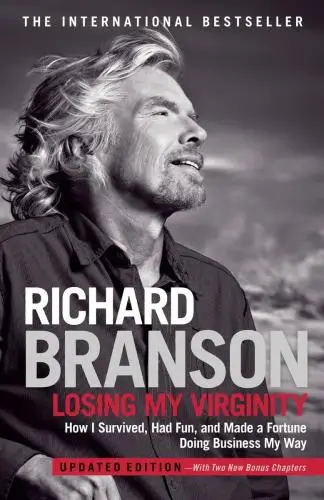
Losing My Virginity
Richard Branson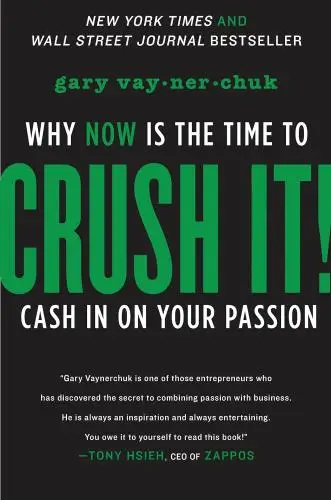
Crush It!
Gary Vaynerchuk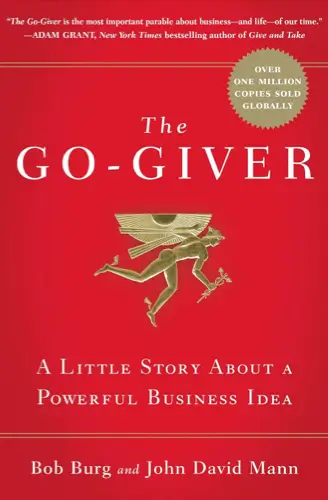
The Go-Giver
Bob Burg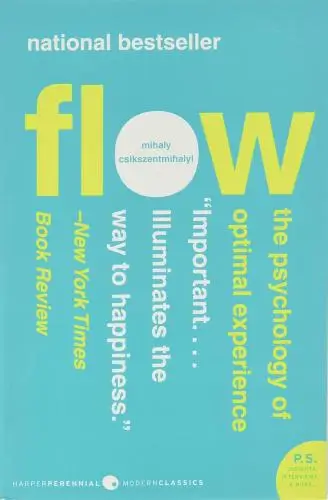
Flow
Mihaly Csikszentmihalyi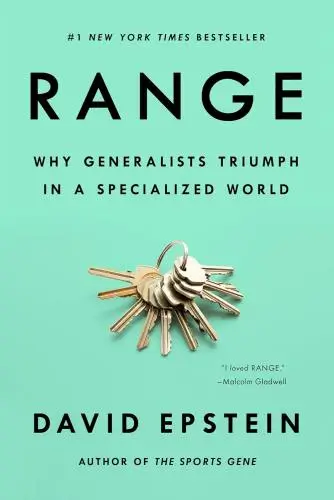
Range
David Epstein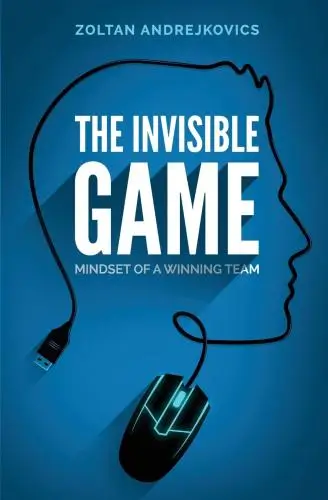
The Invisible Game
Zoltan Andrejkovics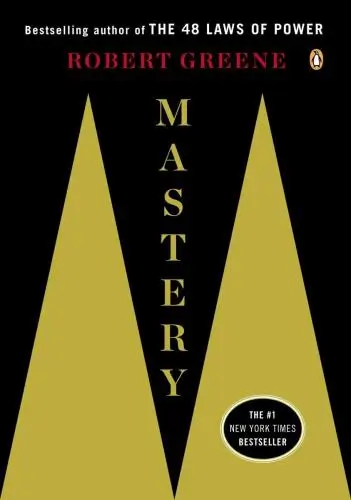
Mastery
Robert Greene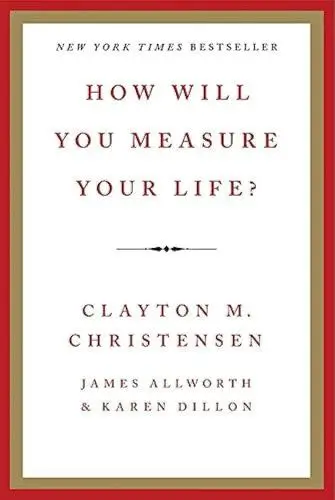
How Will You Measure Your Life?
Clayton M. Christensen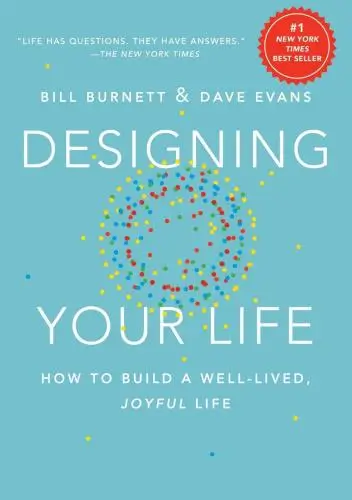
Designing Your Life
Bill Burnett
Lean In
Sheryl Sandberg
StrengthsFinder 2.0
GallupTrending Summaries

Peak
Anders Ericsson
Never Split the Difference
Chris Voss
Smart Brevity
Jim VandeHei
The Psychology of Money
Morgan Housel
The First 90 Days
Michael D. Watkins
Atomic Habits
James Clear
Thinking, Fast and Slow
Daniel Kahneman
The Body Keeps the Score
Bessel van der Kolk M.D.
The Power of Regret
Daniel H. Pink
The Compound Effect
Darren Hardy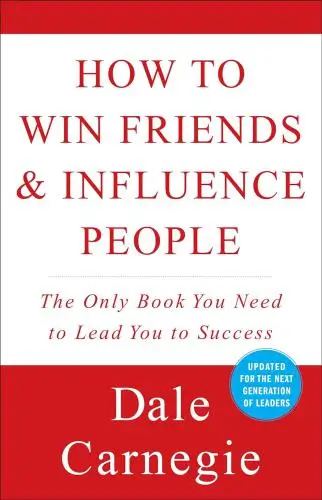
How to Win Friends & Influence People
Dale Carnegie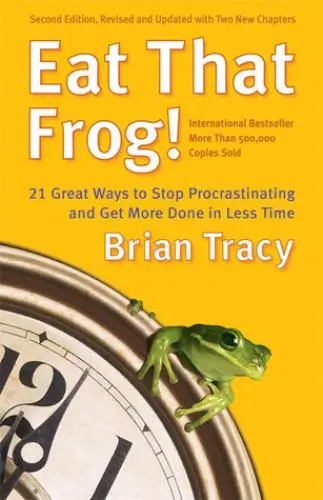
Eat That Frog!
Brian Tracy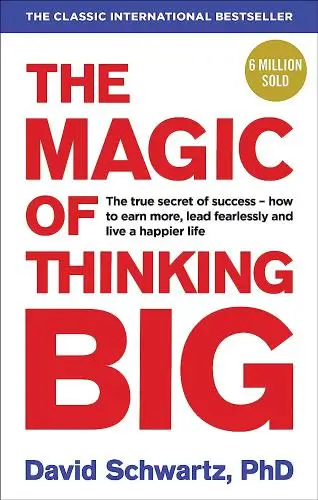
The Magic of Thinking Big
David J. Schwartz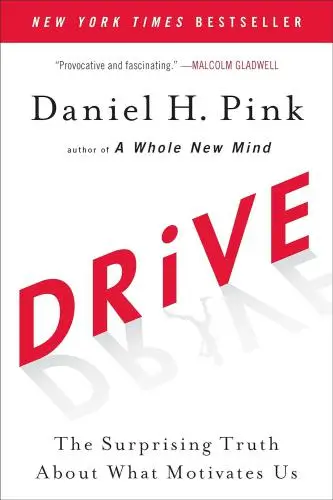
Drive
Daniel H. Pink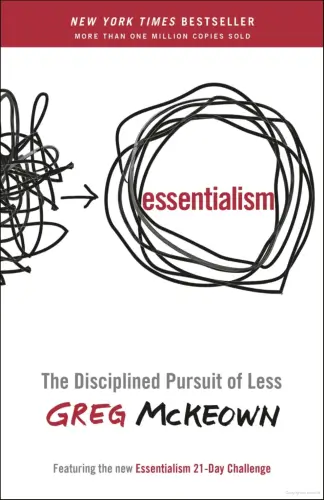
Essentialism
Greg McKeownNew Books

The Millionaire Fastlane
MJ DeMarco
Losing My Virginity
Richard Branson
Venture Deals
Brad Feld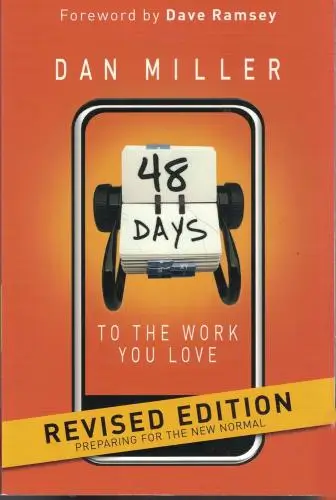
48 Days to the Work You Love
Dan Miller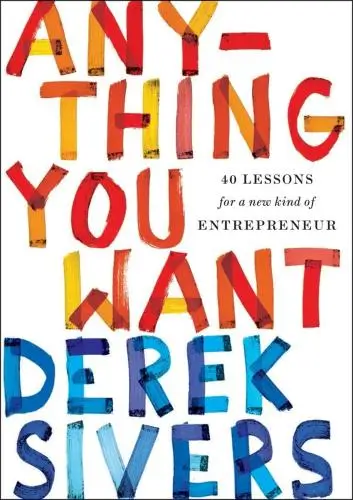
Anything You Want
Derek Sivers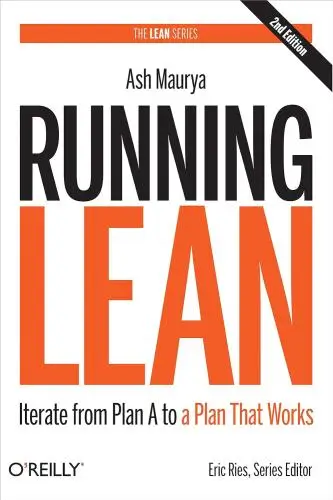
Running Lean
Ash Maurya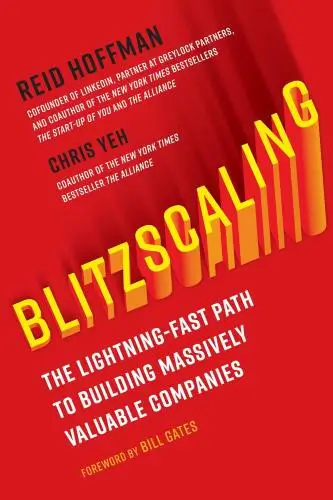
Blitzscaling
Reid Hoffman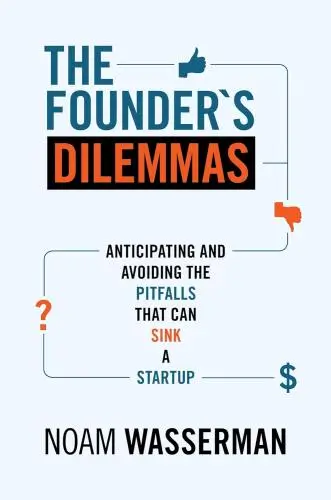
The Founder's Dilemmas
Noam Wasserman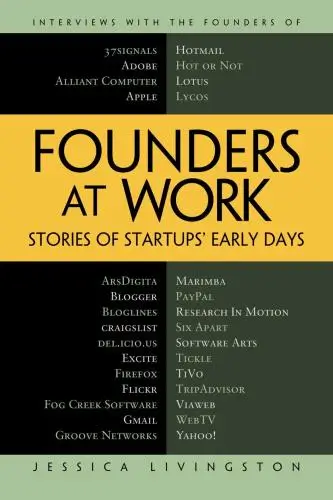
Founders at Work
Jessica Livingston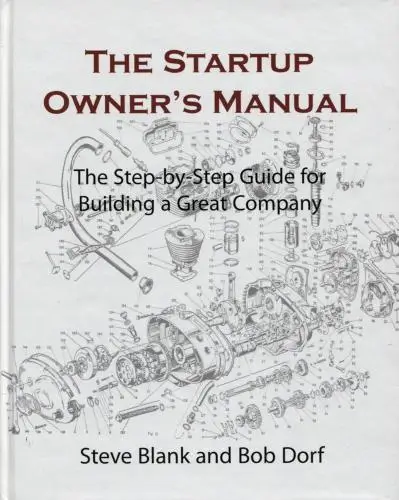
The Startup Owner's Manual
Steve Blank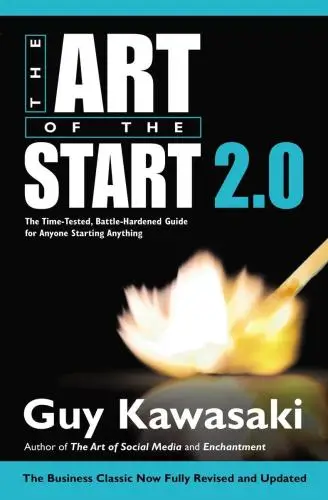
The Art of the Start 2.0
Guy Kawasaki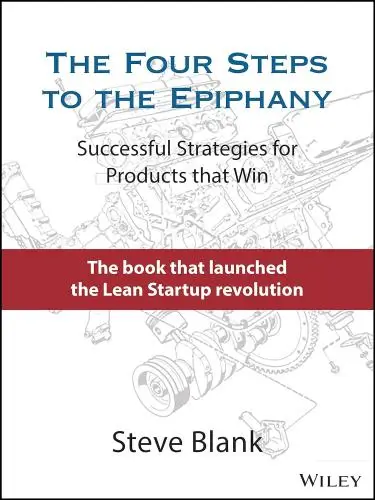
The Four Steps to the Epiphany
Steve Blank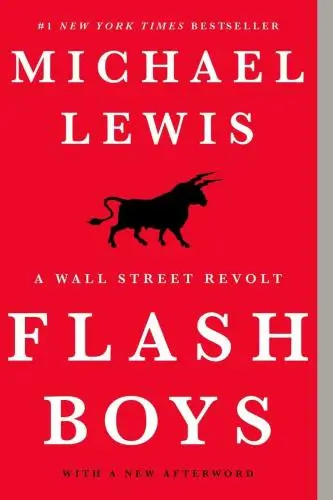
Flash Boys
Michael Lewis
Crush It!
Gary Vaynerchuk